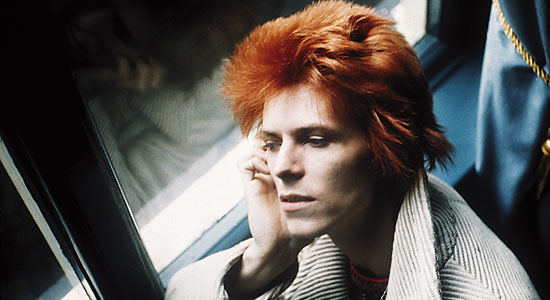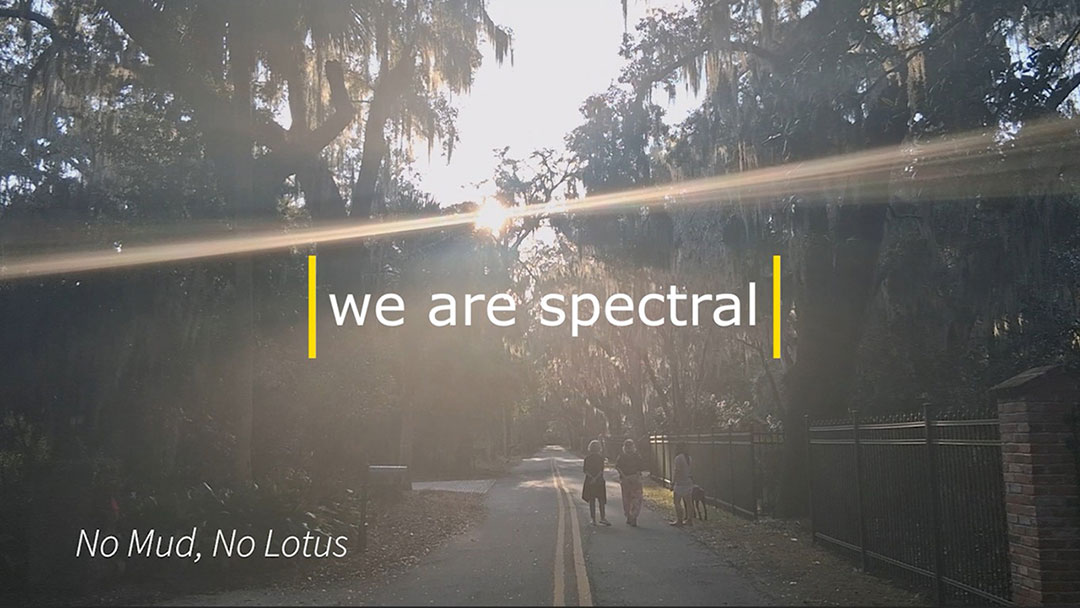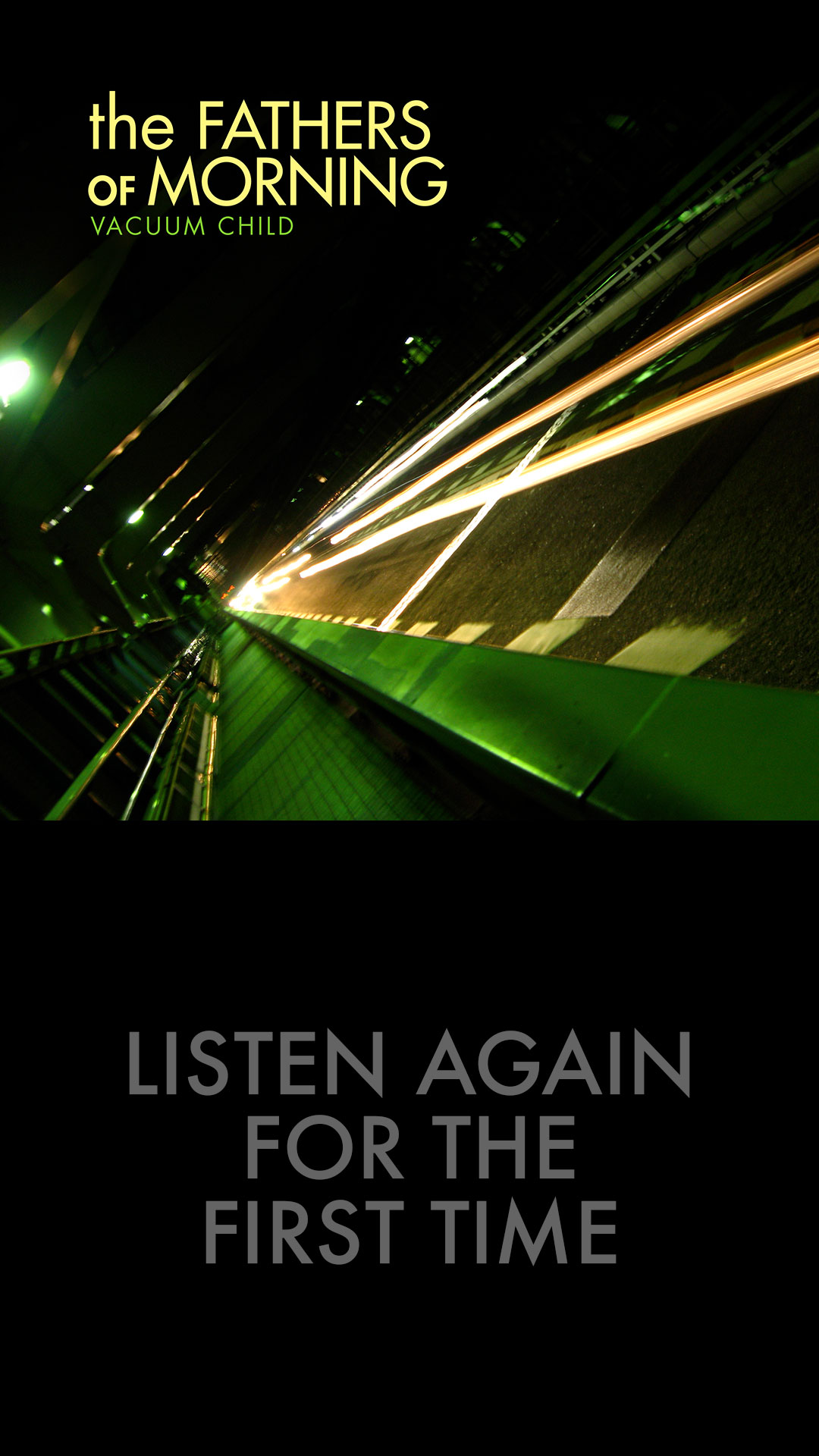 In the wake of the overwhelming success of Nirvana’s Nevermind, major labels in the early/mid-’90s began signing any and every cool indie band they could in hopes of a similar payoff. One such outfit was Jawbox, a Washington, D.C., post-punk quartet that had issued two promising albums on the indier-than-thou Dischord label. The band—guitarist/vocalist J. Robbins, guitarist Bill Barbot, bassist Kim Coletta and drummer Zachary Barocas—signed to Atlantic and released the excellent For Your Own Special Sweetheart in 1994. (Though MAGNET named it the fifth-best album that year, Sweetheart was far from a commercial hit.) In 1996, Jawbox issued a slicker self-titled LP, which also failed to catch on beyond the indie-rock crowd, and the band broke up the following year. Dischord has just reissued For Your Own Special Sweetheart with three bonus tracks, and to celebrate, Jawbox reunited for a one-off performance on Late Night With Jimmy Fallon on Tuesday. Barbot is also guest editing magnetmagazine.com all week. Read our Q&A with him.
In the wake of the overwhelming success of Nirvana’s Nevermind, major labels in the early/mid-’90s began signing any and every cool indie band they could in hopes of a similar payoff. One such outfit was Jawbox, a Washington, D.C., post-punk quartet that had issued two promising albums on the indier-than-thou Dischord label. The band—guitarist/vocalist J. Robbins, guitarist Bill Barbot, bassist Kim Coletta and drummer Zachary Barocas—signed to Atlantic and released the excellent For Your Own Special Sweetheart in 1994. (Though MAGNET named it the fifth-best album that year, Sweetheart was far from a commercial hit.) In 1996, Jawbox issued a slicker self-titled LP, which also failed to catch on beyond the indie-rock crowd, and the band broke up the following year. Dischord has just reissued For Your Own Special Sweetheart with three bonus tracks, and to celebrate, Jawbox reunited for a one-off performance on Late Night With Jimmy Fallon on Tuesday. Barbot is also guest editing magnetmagazine.com all week. Read our Q&A with him.

Barbot: I was heartbroken when I first saw that Robert Christgau considers David Bowie “middlebrow” (or “post-middlebrow,” depending on the record) and gave him a grand total of two solid “A”s for his entire discography (one of which was for the greatest-hits Changesonebowie). Is Ziggy Stardust seriously only a B-plus record? Why does Hunky Dory get an A-minus? (It was because of the Paul Williams tune, wasn’t it?) And did Reality, Bowie’s last studio record and a really solid, at times moving collection, not even merit a review? I love and hate Christgau, a man who has probably done more for music writing and criticism of the last 35 years than just about anyone. His laconic wit nailed records—in some cases, skewered them—with a few, choice words, deftly chosen. Lesser writers, myself included, picked up the sarcasm, the wit, the piquancy and the pointedness but have long missed some rare essence that only the surly master of the form could bring. We also started doing less in a hell of a lot more words. So it’s with great chagrin that I have to tell Christgau he’s wrong. Bowie is still a genius, and I know that’s a lazy term to level, but when I look at his career, particularly from Hunky Dory through Aladdin Sane, then again from Station To Station through Scary Monsters, I can draw no other conclusion than that Christgau just didn’t want to listen to what he was hearing.













